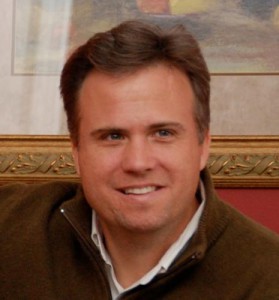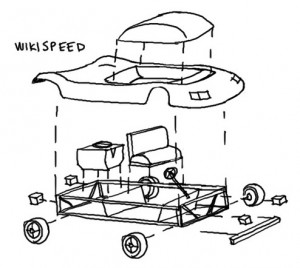
“I get mad when bloggers accuse me of lying — of knowing the information was false. I didn’t.” — Colin Powell.
Can you imagine having an opportunity to address the United Nations Security Council about a matter of great global importance, with all the world's media watching, and using it to… well, to make shit up – to lie with a straight face, and with a CIA director propped up behind you, I mean to spew one world-class, for-the-record-books stream of bull, to utter nary a breath without a couple of whoppers in it, and to look like you really mean it all? What gall. What an insult to the entire world that would be.
Colin Powell doesn't have to imagine such a thing. He has to live with it. He did it on February 5, 2003. It's on videotape.
I tried to ask him about it in the summer of 2004. He was speaking to the Unity Journalists of Color convention in Washington, D.C. The event had been advertised as including questions from the floor, but for some reason that plan was revised. Speakers from the floor were permitted to ask questions of four safe and vetted journalists of color before Powell showed up, and then those four individuals could choose to ask him something related – which of course they did not, in any instance, do.
Bush and Kerry spoke as well. The panel of journalists who asked Bush questions when he showed up had not been properly vetted. Roland Martin of the Chicago Defender had slipped onto it somehow (which won't happen again!). Martin asked Bush whether he was opposed to preferential college admissions for the kids of alumni and whether he cared more about voting rights in Afghanistan than in Florida. Bush looked like a deer in the headlights, only without the intelligence. He stumbled so badly that the room openly laughed at him.
Continue reading “David Swanson: Colin Powell's Treason – Lest We Forget”








